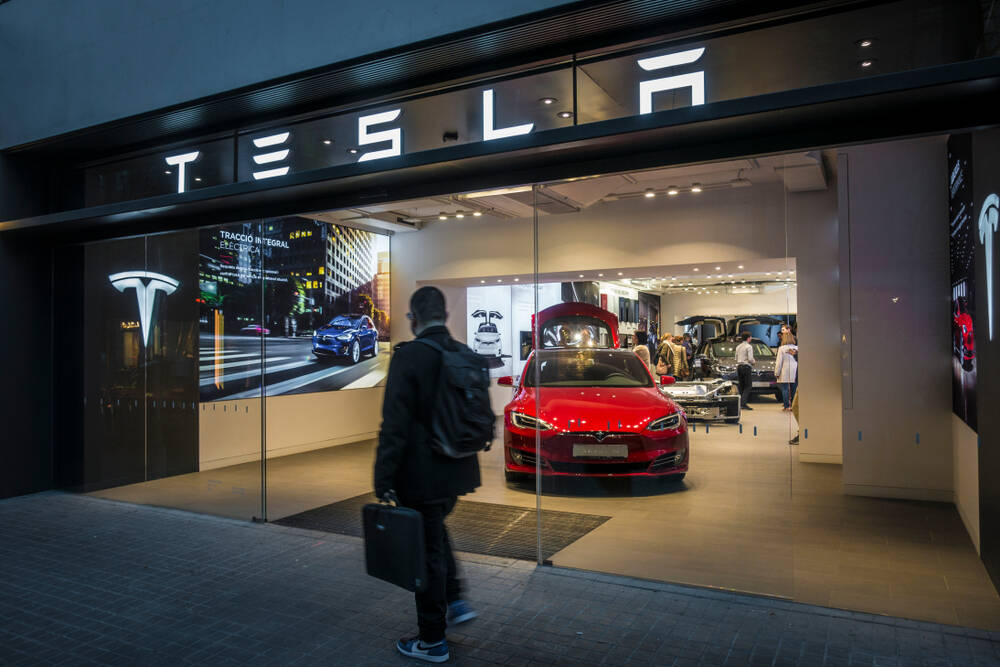Tesla’s tight grip on repairs sparks courtroom showdown • The Register

A judge has ruled that Tesla must face a lawsuit alleging the electric car manufacturer denies customers and third parties the right to repair its vehicles.
In a ruling this week in the US Northern District Court of California, district judge Trina Thompson said that the case dating back to March last year could move forward.
The class action lawsuit claims that Tesla violated the law by tying repairs and parts exclusively to Tesla purchases, thereby prohibiting vehicle owners from using third-party repair shops or seeking aftermarket parts.
In March 2023, two proposed class action lawsuits were launched addressing the limited repair rights of Tesla owners. These cases alleged that Tesla caused “owners to suffer lengthy delays in repairing or maintaining their EVs, only to pay supracompetitive prices for those parts and repairs once they are finally provided.” They were among a number of similar cases the court consolidated in June 2023.
However, in November last year, the judge dismissed the cases. The following month, the plaintiffs filed an amended complaint with seven claims.
In a ruling this week [PDF], the judge found the plaintiffs had “plausibly alleged a cause of action for monopolization” relating to one claim – that Tesla’s practices violate Section 2 of the Sherman Act for Unlawful Tying, where services are used as a tying product. Tying is a term under monopoly law that suggests an agreement between a seller and a buyer means the buyer must buy certain other products, and not alternative products.
The right to repair movement has exerted growing influence across the tech and related sectors. Last month, the US state of Colorado introduced what it claimed to be the “best in the world” repair law.
Meanwhile, the EU has adopted a right to repair directive making fixing goods more accessible and cost-effective, although it still needs formal approval.
Apple has bowed to pressure to begin supporting iPhone repairs with used parts. ®
This article was originally published by a www.theregister.com
Read it HERE







